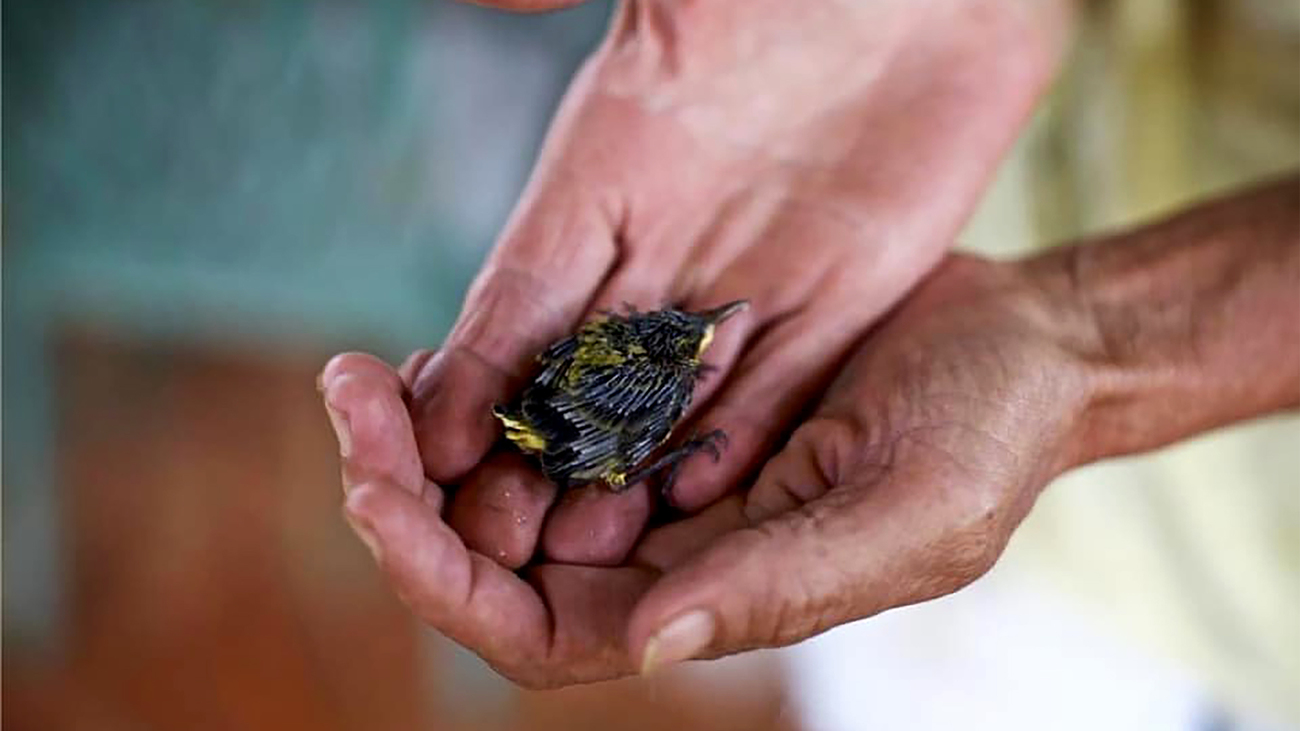how to help wildlife in severe weather
how to help wildlife in severe weather

Humans are not the only ones who are affected by severe weather; wildlife can suffer greatly too. Climate change is causing weather to become even more extreme, with catastrophic bushfires and deadly flooding devastating the country and impacting people around the world. It’s easy to feel helpless in times like these, but you can help by giving wildlife the best chance of survival.
hot weather
During periods of hot weather, wildlife needs our help. There are many ways you can assist animals in high temperatures, including:
- Place shallow water bowls in the shade and in areas that are out of reach of cats and dogs. These should be refreshed with new water daily.
- Include a rock or a stick in the bowl so small creatures can climb out.
- Keep pets inside at night so nocturnal wildlife can drink undisturbed.
- Provide a safe place for animals to cool down, including trees and tall plants with leaves that can provide shade.
- Keep yard and garden areas free from cuttings and twigs to reduce the fuel available during bushfires.
- Download the IFAW Wildlife Rescue App, which provides information on the location of wildlife rescues near you.
wet and windy weather
Heavy rains, strong winds, and floods impact wildlife as they can become displaced when searching for new homes and shelter. Animals that usually burrow underground, such as wombats, are often most at risk as their homes become filled with floodwaters and mud.
For your safety and for the safety of our wildlife, please stay alert when driving, and do so slowly. Keep your headlights on, when possible, to give yourself a better chance of seeing animals cross the road and to allow them to do so safely.
If you do hit an animal, or encounter injured or displaced wildlife by the roadside, please find a safe spot to pull over and use the IFAW Wildlife Rescue App to contact the closest wildlife group or carer. You will be guided the best way you can help.
Birds are also at risk during wet and windy weather. Baby birds, in particular, are at increased risk of falling from nests, while adult birds risk being disoriented. Should you find an abandoned or injured bird, please follow this advice:
- If it is a baby bird that appears uninjured, try to locate its nest and contact your closest wildlife group or carer to help you safely return it to its home. A makeshift nest can also be used (e.g., a small box with twigs and drainage holes) and should be secured to the tree nearest to where the bird was found. Make sure the bird is safe from danger during this time.
- If you think the baby bird is injured or sick, use a towel to gently hold the bird and place it in a safe ventilated box.
- Download the IFAW Wildlife Rescue App to locate the closest wildlife rescue group for further advice or take the bird to the nearest vet. Make sure the box is kept in a quiet and warm place.
what to do if you find wildlife during severe weather
If you find injured or displaced wildlife, you should contact a local wildlife group or vet for assistance. Please follow these guidelines:
- Keep children and pets away from the animal.
- Contain small animals and birds in a box lined with a towel or newspaper.
- Cover the box with a towel ensuring it is dark but does not restrict ventilation.
- Keep the animal inside in a quiet and warm place, allowing it to rest with no disturbance. Offer water by placing it in a bowl in front and below them, never pour water from a bottle or other containers into an animal’s mouth.
- Do not try to feed the animal without prior advice.
- Do not attempt to handle snakes, flying foxes or microbats.
When severe weather occurs, it can cause the displacement of thousands of humans and animals alike. As these disasters can happen quickly, there is usually very little time to prepare to evacuate. For this reason, we have created a preparedness checklist to ensure you know exactly what to do when you need to get yourself, and any animals in your care, to safety. Please take some time to create your plan so it’s ready when you need it most.
For more information on how to help wildlife affected by severe weather, and a list of helpful contact numbers, click here.
Related content
Every problem has a solution, every solution needs support.
The problems we face are urgent, complicated, and resistant to change. Real solutions demand creativity, hard work and involvement from people like you.